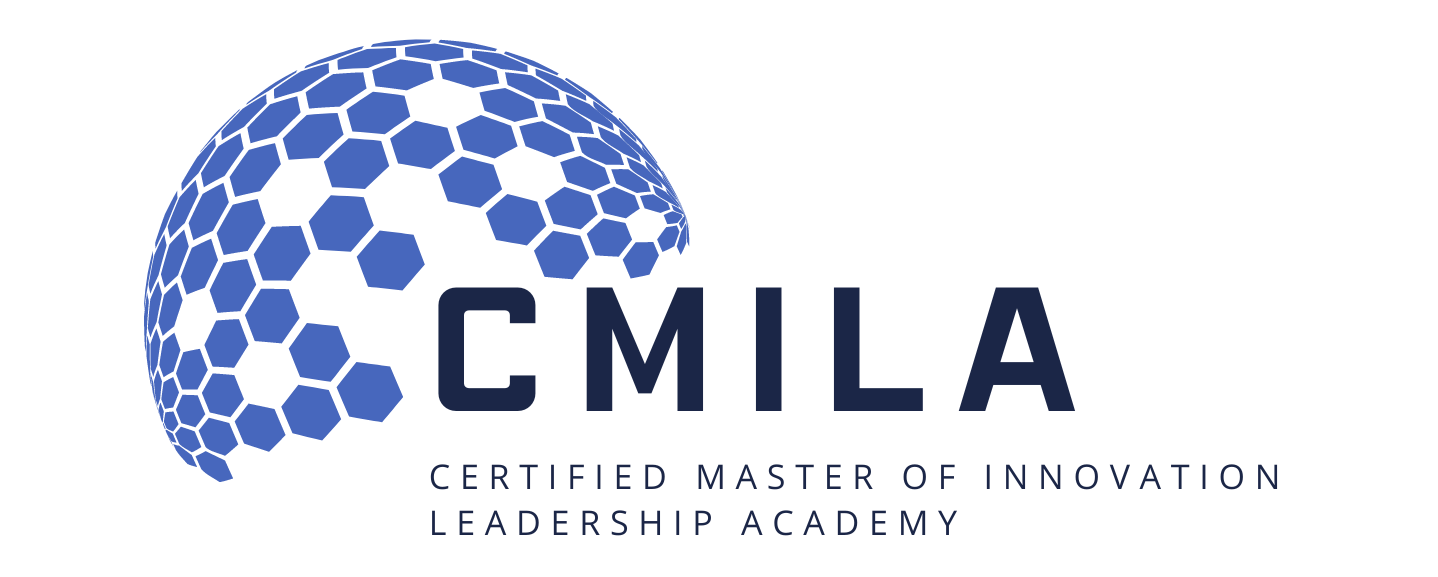Certified Sustainable Innovation Architect (CSIA)
The Certified Sustainable Innovation Architect (CSIA) Certification Course by Tonex is a comprehensive program designed to equip professionals with the knowledge and skills to lead sustainable innovation initiatives. This course focuses on integrating sustainable practices into the innovation process, ensuring that organizations can thrive in an environmentally conscious and socially responsible manner.
Learning Objectives:
- Understand the principles of sustainable innovation and its impact on business strategy.
- Learn how to assess and prioritize sustainability opportunities within an organization.
- Develop skills to integrate sustainability into the product and service design process.
- Explore effective communication strategies for promoting sustainable innovation within the organization.
- Gain expertise in leveraging sustainable practices for competitive advantage and long-term success.
- Acquire the knowledge to guide organizations in achieving and maintaining certification as a Sustainable Innovation Architect.
Audience: This course is ideal for professionals involved in innovation, product development, business strategy, and sustainability roles. It is suitable for executives, managers, and individuals seeking to enhance their expertise in integrating sustainability into the innovation process.
Course Outline:
Module 1: Introduction to Sustainable Innovation
- Defining Sustainable Innovation
- Global Context and Drivers
- Linking Sustainability and Business Strategy
- Impact of Sustainable Innovation on Stakeholders
- Regulatory Landscape
- Ethical Considerations in Sustainable Innovation
Module 2: Assessment and Prioritization
- Techniques for Evaluating Sustainability Opportunities
- Triple Bottom Line Assessment
- Life Cycle Analysis
- Materiality Assessment
- Prioritizing Initiatives Based on Impact and Feasibility
- Risk Assessment in Sustainable Innovation
Module 3: Integration into Product and Service Design
- Strategies for Incorporating Sustainability into Design
- Eco-design Principles
- Circular Economy Concepts
- Cradle to Cradle Design
- Sustainable Materials Selection
- Design Thinking for Sustainable Innovation
Module 4: Communication for Sustainable Innovation
- Stakeholder Engagement Strategies
- Effective Messaging for Sustainability
- Internal Communication Techniques
- External Communication Best Practices
- Storytelling for Impact
- Overcoming Resistance to Sustainable Innovation
Module 5: Leveraging Sustainability for Competitive Advantage
- Market Opportunities through Sustainable Practices
- Branding and Positioning Strategies
- Sustainable Supply Chain Management
- Cost-Benefit Analysis of Sustainable Practices
- Innovations in Sustainable Technologies
- Creating a Culture of Continuous Improvement in Sustainability
Module 6: Certification Process for Sustainable Innovation Architect
- Understanding Certification Requirements
- Documentation and Compliance
- Auditing and Assessment Processes
- Continuous Improvement for Certification
- Best Practices for Maintaining Certification
- Case Studies of Certified Sustainable Innovation Architects
Overview of the Certification Process:
- Familiarize yourself with the prerequisites, if any, for taking the exam.
- Review the certification roadmap to understand the different levels of certification offered (e.g., Foundation, Advanced, Expert) and the requirements for each level.
- Identify the benefits of obtaining the certification for your career and professional development.
Details of the Exam:
Format: Multiple-choice, scenario-based, practical exercises
Content Areas: Review the exam blueprint or syllabus to identify the specific topics and knowledge areas covered in the exam. This will help you focus your study efforts on the most relevant content.
Passing Score: Understand the minimum passing score required to achieve certification and aim to exceed this threshold during your preparation.
Study Resources: Identify recommended study resources, such as certification manual, study guides and practice exams, to help you prepare effectively for the exam.
Exam Sample Questions:
- Practice with sample questions to familiarize yourself with the exam format and assess your readiness.
- Analyze each question carefully, paying attention to key details and any clues provided in the question stem or answer choices.
- Practice time management by setting aside dedicated study sessions to complete sample questions within the allotted time frame.
- Review your answers and explanations for correct and incorrect responses to identify areas for improvement and further study.
